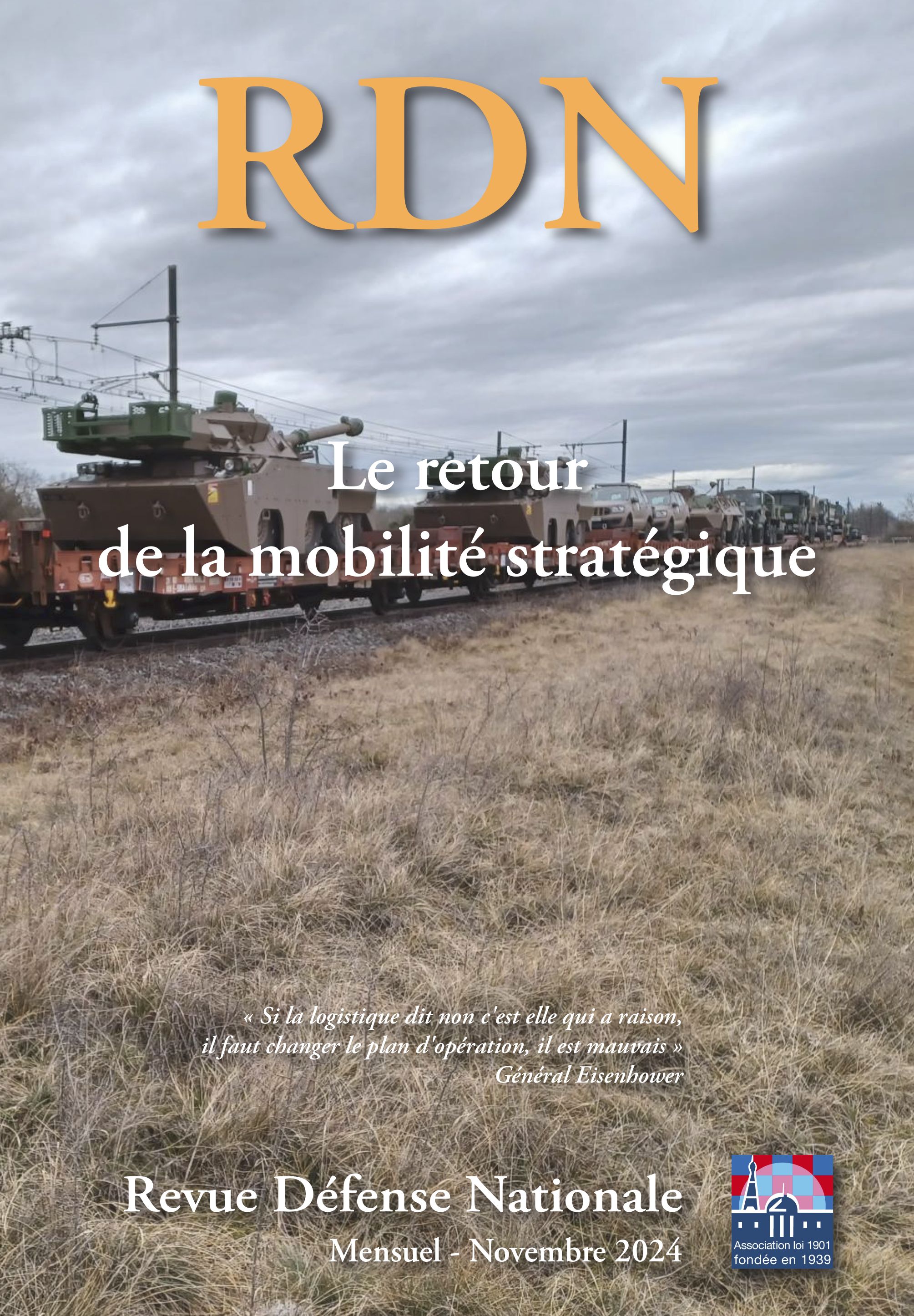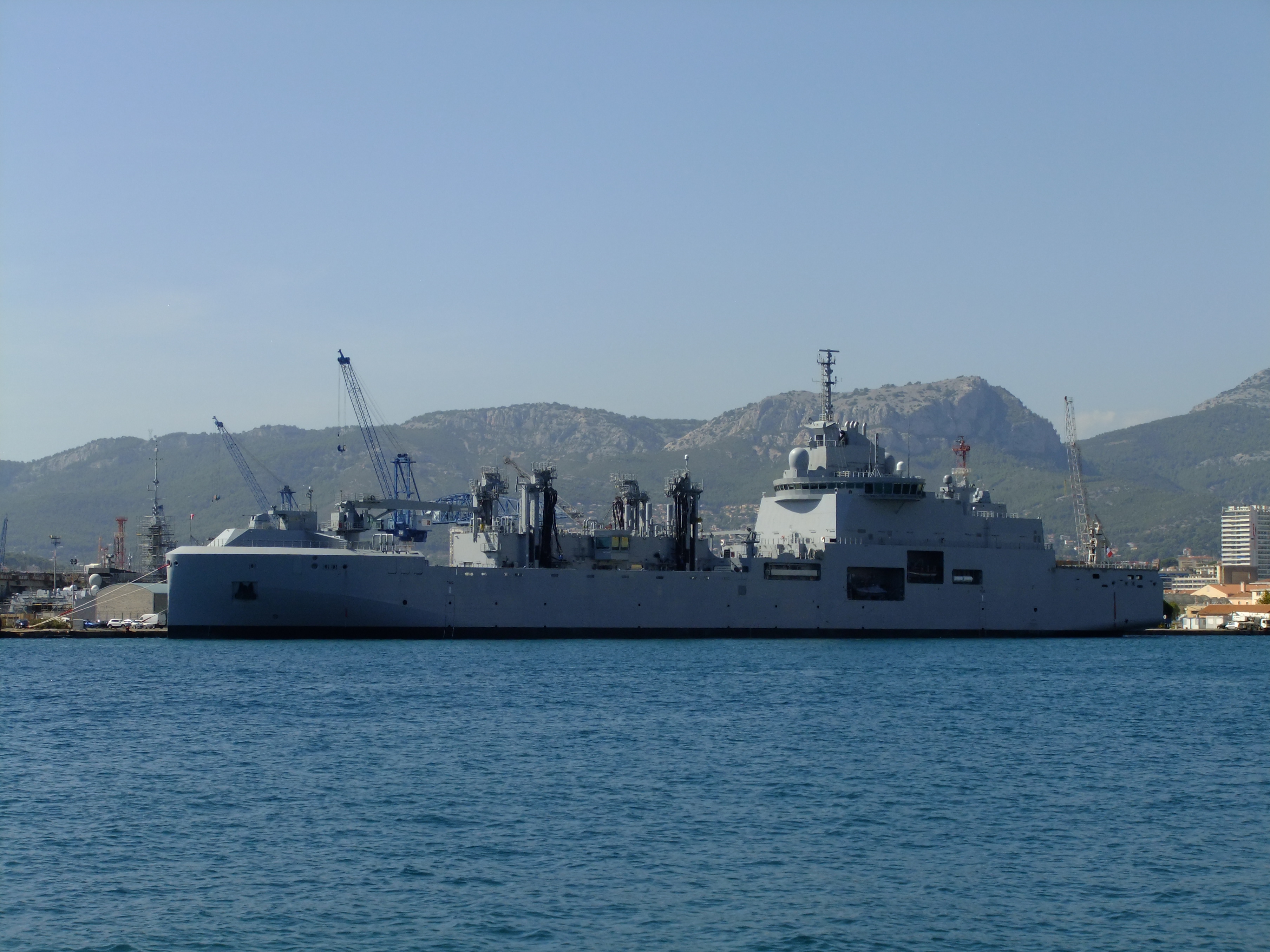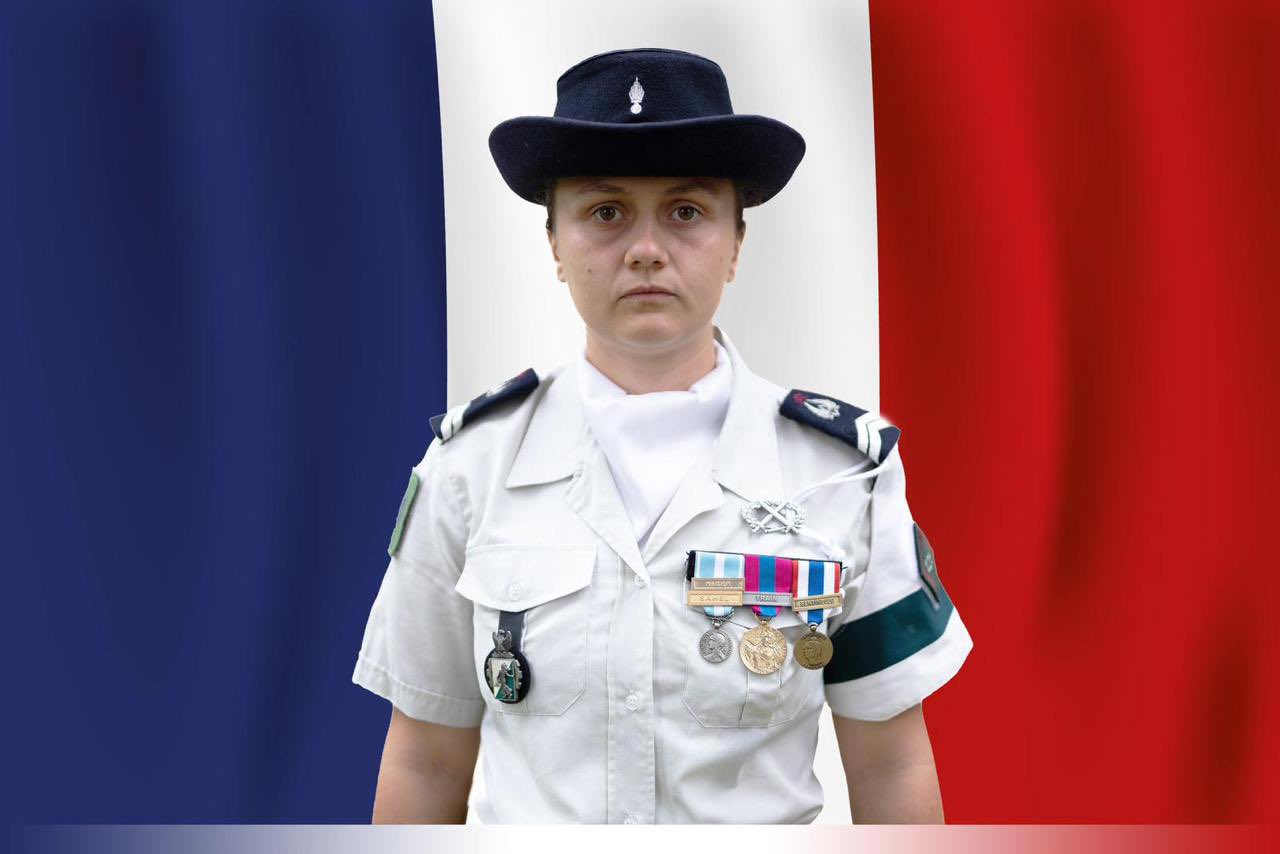Abstracts
Articles in the French and English editions of RDN this month
Conduct war, make peace - Bruno de Bourdoncle de Saint Salvy
The tenth edition of SIGEM (the joint services seminar of the major military schools) was organized round the central theme of ‘Conduct war, make peace’. It was based on a dynamic, straightforward approach to major current issues that directly concern the Ministry of Defence. The right way to prepare the minds of our future senior defence staff is to encourage them to appreciate the realities of the national and international constraints under which they will operate.
Iran: resurgent imperial ambitions* - Pierre Viaud
Logistic reforms: the Defence Logistic Support Service - Pierre Porcin
The recent creation of the Defence Logistic Support Service (Service du commissariat des armées) marks a historic turning-point in the way the armed forces function and operations are mounted. It is both an instrument that contributes to the modernisation of the Ministry of Defence and a tool that opens the way to operational preparation of our armed forces. This new service will be responsible for the support of the new concept of ‘defence bases’ in 2011
Defence infrastructure in France - Laurent Pellegrin
The military footprint on French soil is part of our history, and derives from France’s traditional defence posture. It is undergoing a period of evolutionary change under the twin pressures of functional regrouping and the rationalisation process which has given birth to the concept of ‘defence bases’. This profound restructuring process is modifying the ancient linkage which exists between armed forces and garrisons.
A ‘defence base’ is not an end in itself! - François Goguenheim
This study sets out the experience of one regiment in the establishment of a new ‘defence base’. Over and above the organizational principles learned, it reminds us that in the end the role of any regiment is always preparation for war.
EU security policy: prospects and realities for 2010 - Patrice Cardot
UE security policy, based on the policies and instruments devoted to ‘foreign policy’, is the core of the political, strategic and civil Union. It is indispensable to the EU: it will allow it efficiently to achieve its targets, pursue its objectives and preserve its interests in accordance with the treaty-based mandate it has received from its member states.
Reflections on the new Common European Security and Defence Policy (CESDP) - André Dumoulin
The attitudes of European citizens towards the CESDP associated with the ratified Treaty of Lisbon are taking time to develop. Over and above the ‘realist’ and ‘idealist’ schools (each of which is over-reductive and simplistic), European public opinion broadly supports this policy through crisis management missions and media intermediaries. Communication policies, however, remain far from perfect, and only too often exclusively national.
The EU and its neighbours post-Lisbon - Bastien Nivet
Following the Treaty of Lisbon, the EU’s neighbour countries will try to find in it new ways of dealing with the Union, and its many and complex frameworks dealing with cooperation. The general theme of this article is to explore how the Commission, Parliament and member states will wish to use the Treaty to reinforce Europe’s coherence, effectiveness and influence.
Wars for water will above all be civil wars - Frédéric Lasserre
Will the twentieth century be that of wars for fresh water? Growing scarcity and climate change make for an explosive mixture whose destabilising effects are starting to make themselves felt in many different regions. Some analysts refuse to accept the idea of wars for water, maintaining that such conflicts are impossible; others judge them to be inevitable. In reality, if wars between states over water alone are less than probable, many internal tensions glow under society’s ashes.
World War Web 3.0 - information technology in conflicts* - Stanislas de Maupeou
The power of the will and the French nuclear programme - Patrick Boureille
Using certain key episodes in the development of the French nuclear deterrent as examples, the author illustrates the extent to which boldness of decision-making, combined with far-thinking and resolute vision, is the foundation of any international defence policy built for the long term.
25 December 2009: a banal act of terror* - Didier Wioland
The serviceman and death: a necessary evolution - Simon-Pierre Delannoy
Notable progress has been made in the psychological care of servicemen confronted with trauma-inducing experiences. But they are not morally prepared for such experiences, as they do not have the time to think about their personal approach to the significance of a profession that can ask them to make the ultimate sacrifice. Their training must therefore integrate a ‘module’ on the approach to death so that they are better prepared to face up to it.
The coming conflict - Jean-Pierre Gambotti
The world’s climatic future is known. The natural phenomenon of strategic surprise in historical events will no longer be acceptable as an excuse for the absence of a proper monitoring system when the world finds itself in the middle of a catastrophe caused by climate change, and consequent mass migrations of people bent on survival. Historically, this is doubtless the first time that peace or war will depend on the people rather than their rulers, and that war (if it comes) will be primarily a war between populations.
Professional armed forces and the question of the military identity - Olivier Avérous
In order to meet the challenges raised by a human resources policy for the professionalized armed forces, the Ministry of Defence has transposed into the military field measures originally designed for civil society. It has to be asked whether some of these measures, given their specific nature, will not have an adverse effect on the structural principles governing the military identity; and if so, what ways might be found of reversing them.
We’re all going to paradise - Claude Le Borgne
No more enemies: a brand new situation, and a worrying one! So we invent new threats. They multiply. Our objective is an earthly paradise, and all that stops us getting there is threats. It’s really too much to bear . . .
* The full text of articles marked with an asterisk is published in the English edition of this month’s RDN.







